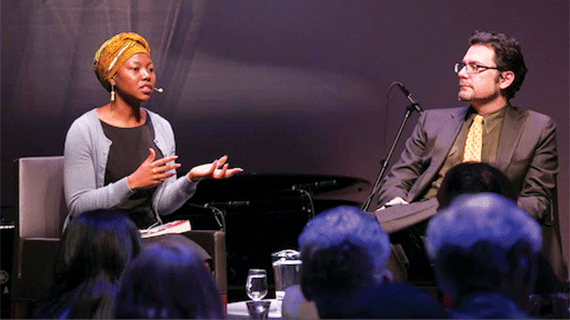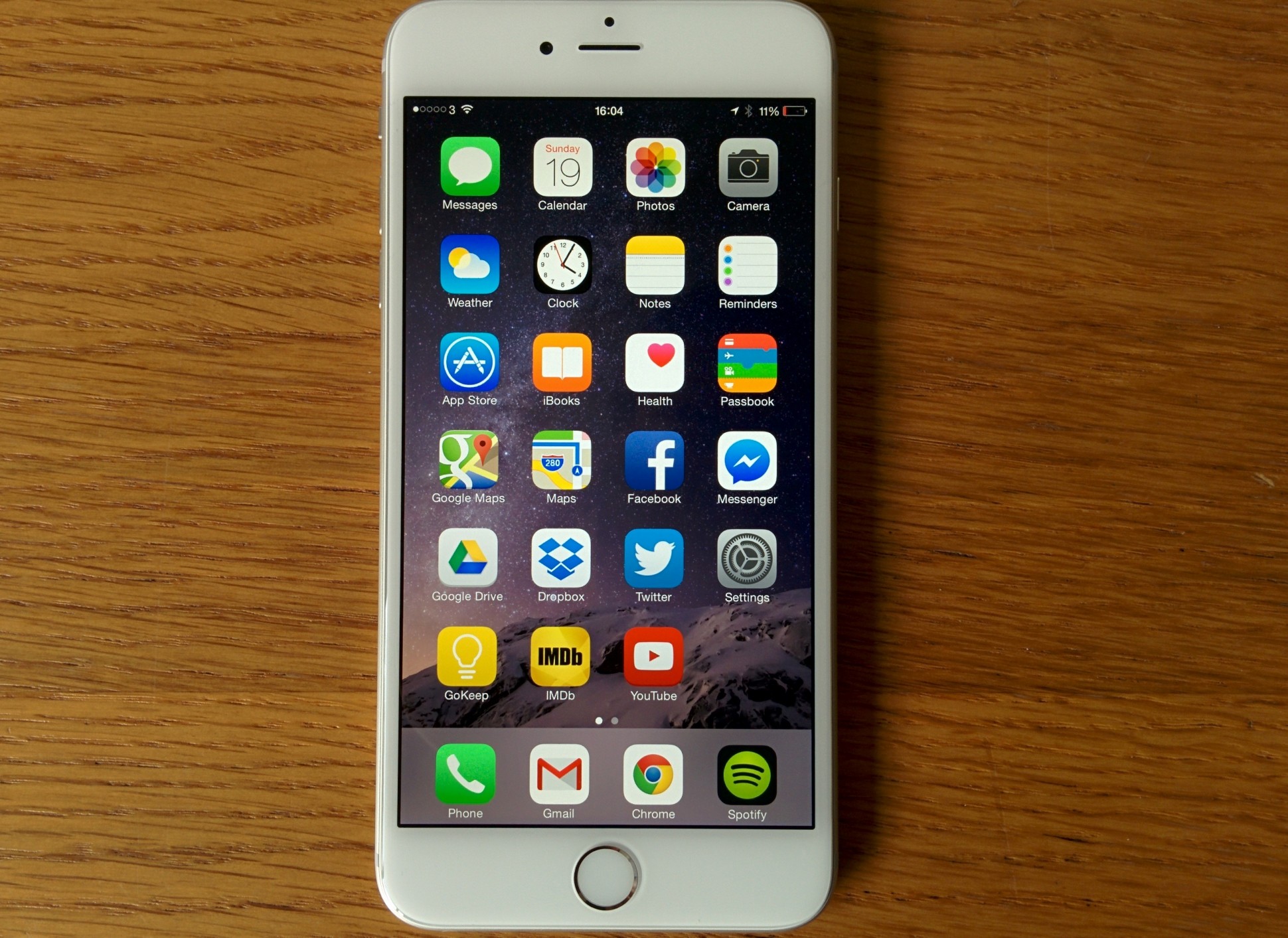
BROOKLYN — Award winning author NoViolet Bulawayo last week took to the microphone, reading from her first novel, We Need New Names at the Brooklyn Academy of Music (BAM) in the United States.
Published last year, the story follows a girl named Darling as she comes of age, first in a Zimbabwean shantytown called Paradise and a few years later in Detroit.
Told from the girl’s perspective, the narrative is filled with the minute observations of someone still wrapped within the cocoon of childhood while watching the adults she is close to learn how to survive in a new country, where communication can be difficult.
It’s the sort of story that anyone who has experienced being new to a place, population or process can relate to.
“I like to imagine my audience as anyone who is reading a human story,” Bulawayo said to a full house at BAMcafé.
“I’m trying to create some democratic country where anyone can peek and read.”
There is nothing quite like hearing an author read the words she herself has written, and Bulawayo’s soothing accent — with its lightly rolled r’s, clipped i’s, stretched-out o’s and long e’s — seemed to bring her imagery into sharper focus as she described the frustration a recent immigrant had in navigating the phone ordering process.
The character needed to tell the story about her experience to someone, but it had to be a person who would know what she meant. “Sometimes language fails us, especially when we cross borders,” Bulawayo said.
- Chamisa under fire over US$120K donation
- Mavhunga puts DeMbare into Chibuku quarterfinals
- Pension funds bet on Cabora Bassa oilfields
- Councils defy govt fire tender directive
Keep Reading
“It’s tied to geographic areas.”
Her descriptions are vibrant — a car can be hot enough to roast sinners; the television remote is pointed at the TV like a gun and shot; a young man has been lifting weights and looks like Will Smith in Ali — and woven into a larger fabric that describes what it is to become an American.
Newcomers want to mimic television accents in order to blend in, but there’s never really any place like home.
“Being outside is like being in a state of perpetual mourning for my homeland,” Bulawayo said of her first 13 years in the US, during which time she did not have an opportunity to return to Zimbabwe.
“Emotionally, there’s something — for me, at least — that is missing. Going home does something physical.”
— brooklyneagle.com










